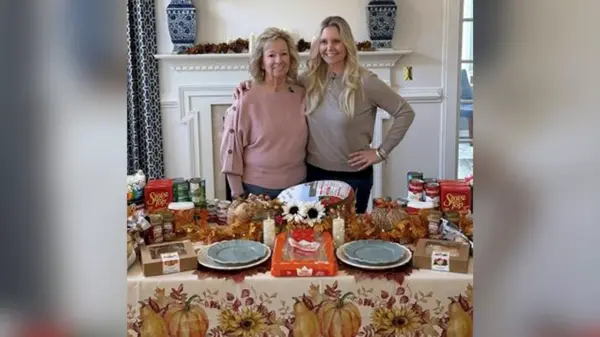A woman who won a lottery prize of just under $1 million 15 years ago now finds herself grappling with a difficult decision regarding her sister’s trust fund. The winner, who wishes to remain anonymous, set up a revocable trust with her sister, Elena, as the beneficiary, but her changing circumstances have led her to reconsider this arrangement.
At the time of her lottery win, the writer was in her early 20s and faced a tough decision about how to manage her newfound wealth. Her sister, Elena, had raised her after their mother passed away when the writer was just seven years old. However, Elena struggled with addiction, prompting the lottery winner to hesitate before gifting her a large sum outright. Instead, she sought legal advice and established a trust, allowing Elena to receive approximately $22,000 annually.
Fast forward nearly a decade, and Elena is now a stable, clean, and dedicated foster mother. The lottery winner has also managed her finances well, paying off debts and purchasing a home. However, life took an unexpected turn when she found herself pregnant at the age of 38. The father of the child is supportive but cannot contribute significantly to the household finances.
The writer now faces a dilemma. She is concerned that her current income will not be sufficient to support her child. A full-time job would likely consume most of her earnings in daycare costs, leaving her stressed and less present for her child. This has prompted her to consider dissolving Elena’s trust to redirect those funds towards her own child.
In her letter, the winner expressed her fears about the potential impact on Elena. She worries that withdrawing the trust could trigger stress and contribute to a relapse into addiction. The writer is also concerned about how to initiate this difficult conversation with her sister, who has become dependent on the trust income.
In response, advice columnist Athena Valentine acknowledged the complexity of the situation. She emphasized the importance of open communication between the sisters. Valentine suggested that the lottery winner discuss her changing financial priorities with Elena in a neutral setting, such as a coffee shop or park.
It is crucial to approach the conversation with empathy, recognizing that Elena has come to rely on the trust for her children. While it is understandable for the lottery winner to reconsider her financial commitments, Valentine advised against insisting that Elena accept charity, as this could breed resentment.
Valentine encouraged the lottery winner to explore alternative support arrangements, such as reducing trust payments gradually or helping Elena with emergencies. The columnist underscored the importance of finding a solution that balances both sisters’ needs, ultimately reinforcing the bond they share as family.
As the lottery winner navigates this challenging crossroads, it serves as a reminder of the complex interplay between family obligations and personal aspirations. The resolution may not be straightforward, but with thoughtful dialogue and mutual understanding, both sisters can work towards a solution that acknowledges their respective journeys.








































































